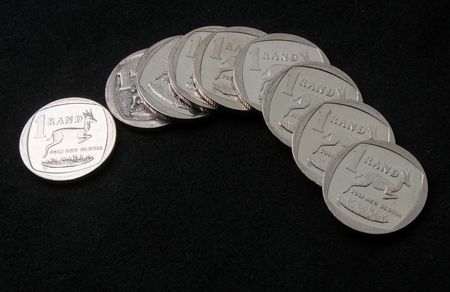By Chijioke Ohuocha
ABUJA (Reuters) – Nigeria’s central bank on Monday kept its benchmark interest rate unchanged at 11.5% to boost its fragile economy and counter potential headwinds from the Ukraine war, Governor Godwin Emefiele said.
Three rate setters voted to raise rates by 25 basis points and one for a 50 basis point hike.
Six others voted to hold rates, marking the 10th decision to hold rates steady since the bank cut them in September 2020.
Russia’s invasion of Ukraine last month has added to volatility in financial markets, sending commodity prices higher and affecting logistics, potentially derailing the economic recovery from COVID-19 in Nigeria and elsewhere.
President Muhammadu Buhari’s government in January walked back on a plan to scrap a costly fuel subsidy saying the timing was not right as this could increase inflation pressures.
“Those who voted to raise rates feel the need to signal further tightening stance to rein in inflation,” Emefiele told a virtual briefing.
Nigeria’s double-digit inflation and low revenues have hampered the government’s ability to stimulate the economy.
The economy recorded its fastest growth in seven years in 2021 despite a slight slowdown in the fourth quarter due to oil production problems, but growth is still fragile.
The central bank faces the daunting task of boosting growth while curbing inflation.
“With real rates negative for some time, as Nigeria has tried to manage the cost of domestic financing and pressure on its fiscal deficit, a forceful monetary policy response to the threat of higher inflation will remain difficult,” Razia Khan, chief economist for Africa and the Middle East at Standard Chartered, said
(Reporting by Chijioke Ohuocha; Editing by Mark Potter, Emelia Sithole-Matarise and Cynthia Osterman)









